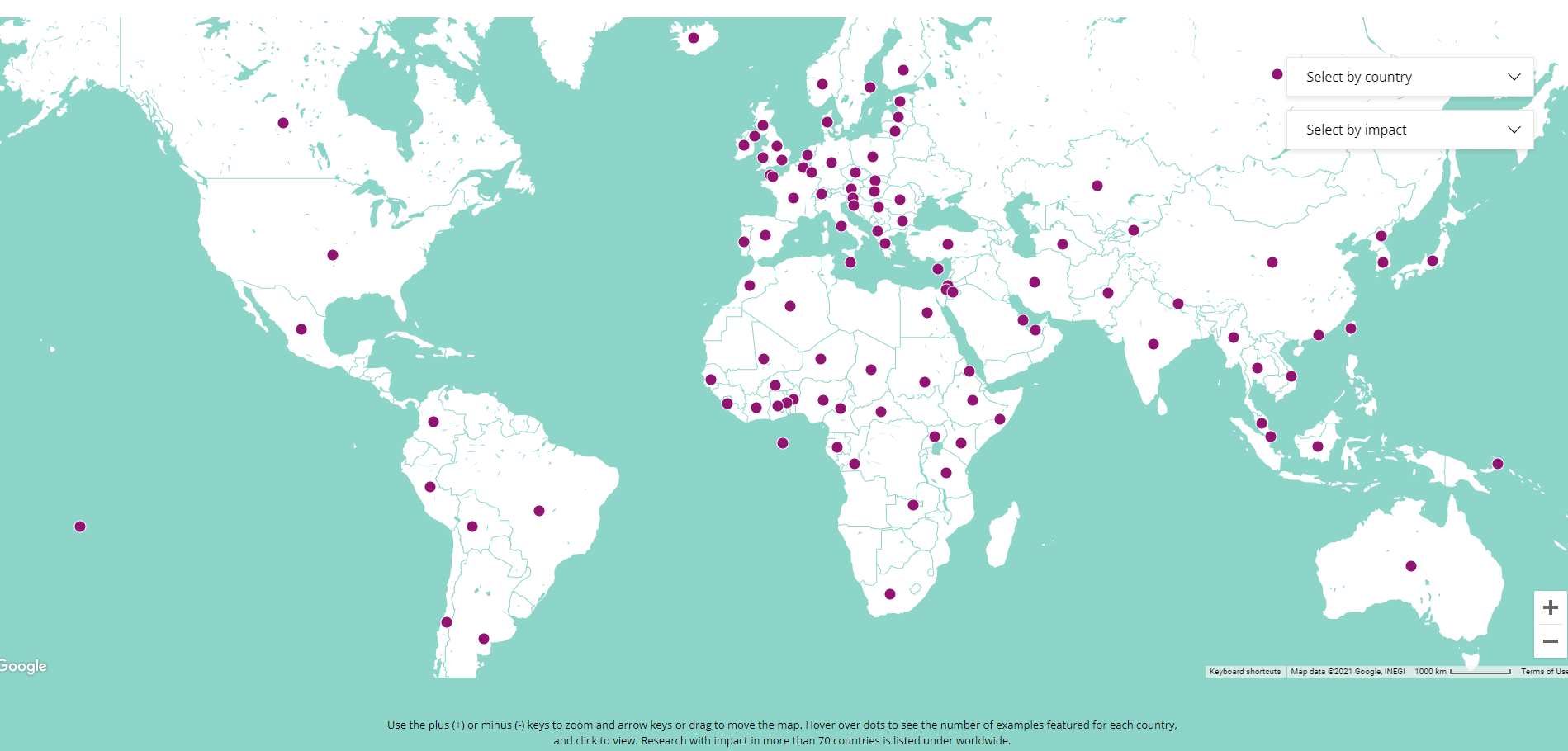Rapid advances in technology over recent years have given scientists the ability to sequence genomes and other molecules at unprecedented speed and scales. The Functional and Evolutionary Genomics Theme brings together more than 70 Cambridge researchers who are using cutting edge methods to advance our understanding of the genomic basis of life, from molecules to populations and across evolutionary timescales. The broad range of expertise involved in working collaboratively at the interface between disciplines enables new approaches to the most challenging and fundamental genomics research questions to be explored. The Functional and Evolutionary Genomics Research Theme provides a powerful approach to biological discovery with implications for health, agriculture, ecology, biotechnology and beyond.
Grand Challenge Topic
 Revolutionising Evolutionary Biology: the Network of Life Approach
Revolutionising Evolutionary Biology: the Network of Life Approach
Since Charles Darwin popularised the concept of the ‘Tree of Life’, the branching model of evolution has been widely acknowledged as a central principle in modern biology. Researchers in Cambridge are now challenging this thinking, recognising that many evolutionary processes, from genetic inheritance through to language and cultural evolution, are better represented as interconnected networks rather than a branching tree, termed the 'Network of Life'
Through dynamic and collaborative research across biological and cultural evolutionary systems, we aim to gain a deeper understanding of these networks of evolution which can drive a paradigm shift in modern evolutionary biology.
Recent Discoveries

Prehistoric roots of cold sore virus traced through ancient DNA
The first ancient herpes genomes to be sequenced suggest that the virus became widespread with Bronze Age migrations into Europe and possibly the emergence of kissing.
Ancient genomes from the herpes virus that commonly causes lip sores – and currently infects some 3.7 billion people globally – have been sequenced for the first time by an international team of scientists led by the University of Cambridge. Read
Wider Impact

Targeting malaria mosquitos in Africa
Malaria remains one of the world’s major infectious diseases, responsible for approximately 405,000 deaths in 2018, with 94% of these in sub-Saharan Africa, and with an estimated annual economic impact of $12 billion in Africa alone (World Health Organization World Malaria Report 2019).
Target Malaria, a not-for-profit research consortium working across four countries in Africa, explored the use of ‘gene drive’ to control insect disease vectors. As part of this, Steven Russell’s lab at the University of Cambridge showed for the first time in 2011 that gene drive technology (a process that promotes the inheritance of specific genes from generation to generation) could work in an animal. They established novel gene drive systems that were implemented effectively in Anopheles mosquitos, the vector for the malaria parasite. Read
Theme Leads
Theme Members
A - K
Julie Ahringer
Matthew Allen
Thorsten Boroviak
Sarah Bray
Samuel Brockington
Anton Enright
Olivier Giger
Adrian Kelly
L - Y
Marion MacFarlane
Eric Miska
Barbara Skelly
Derek Smith







